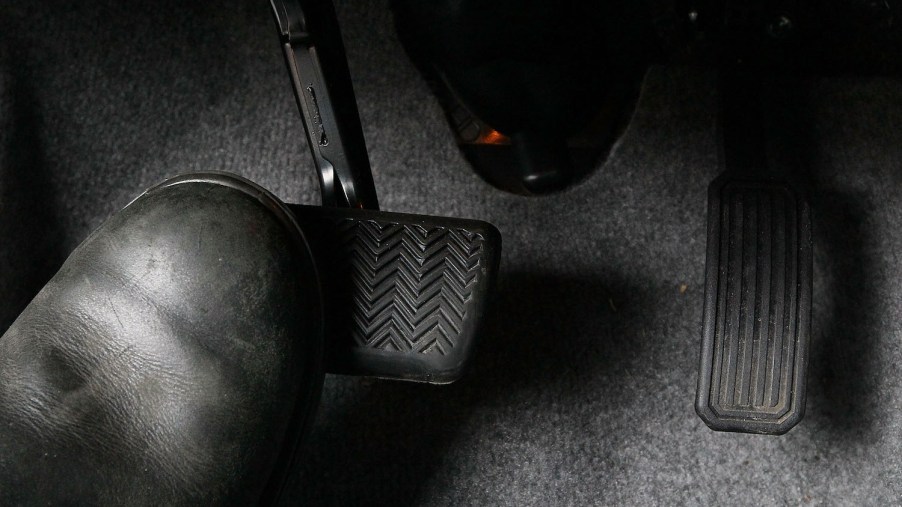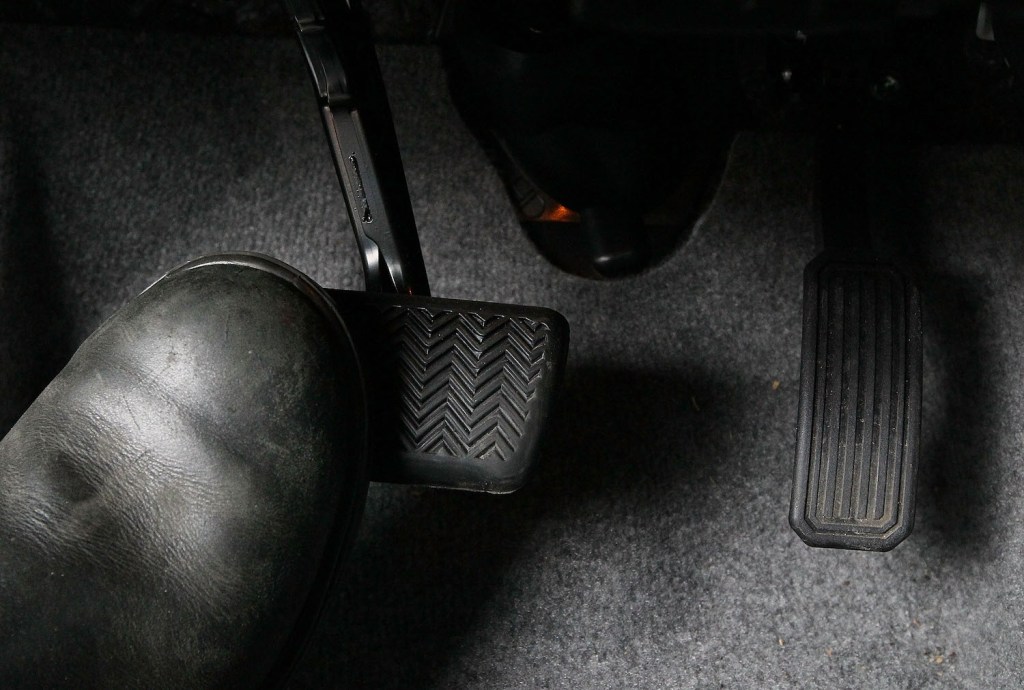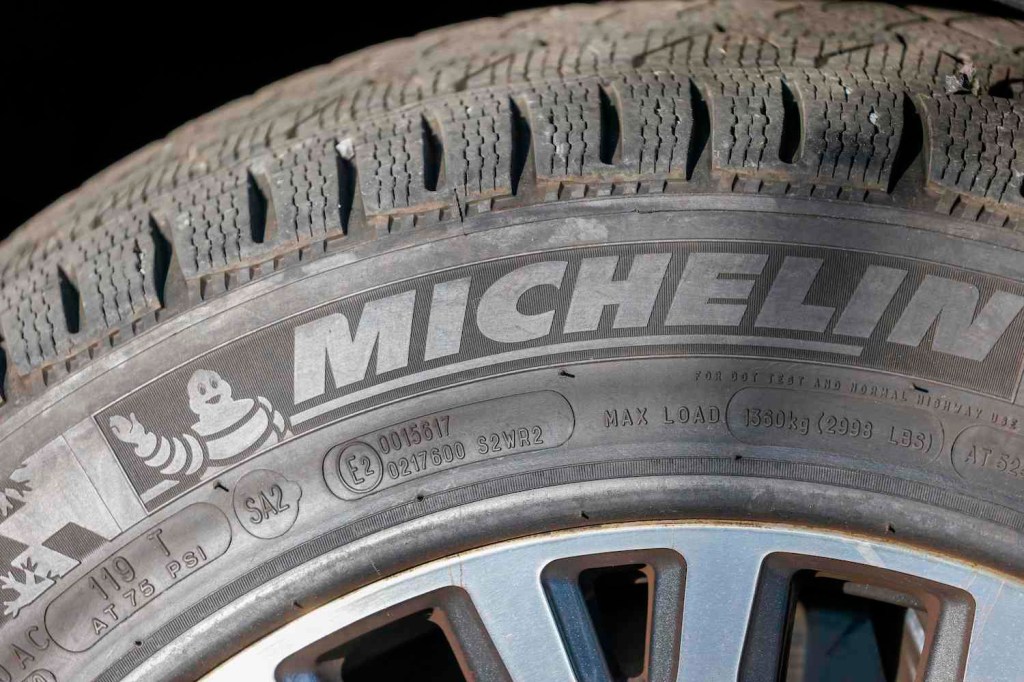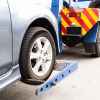
Here’s What Can Happen When You Slam On the Brakes
Whether it was to avoid hitting a deer or to steer clear of a stopped car in the middle of the road, chances are, you’ve had to slam on the brakes in your car at one point or another. But have you ever found yourself wondering what can happen when you slam on the brakes? As it turns out, doing so can not only result in an accident but can also cause damage to your car. Don’t just take our word for it, though.
Can slamming on the brakes hurt your car?

Yes, slamming on the brakes can hurt your car. In fact, according to Firestone, slamming on your brakes could negatively affect your car’s anti-lock braking system (ABS). If your car’s ABS is triggered at a time when it’s not actually needed, say when hitting the brakes harder than usual, it could result in premature wear and tear. Unfortunately, that premature wear could result in less than stellar brake performance, Firestone reports.
That’s not the only damage hitting your brakes can cause, either. Doing so could also damage brake hoses and overheat your car’s brake pads. As Firestone explains it, the pressure created when slamming on your car’s brakes can cause tears and cracks in its brake hoses. Those tears and cracks could lead to additional problems, including fluid leaks.
As for your car’s brake pads? “When your brakes overheat, the brake pads can wear down quicker, and the rotors may warp—two things that could compromise your car’s stopping power and safety,” Firestone explains.
How slamming on the brakes could damage your tires

Slamming on your brakes doesn’t just have the potential to damage your car. Doing so could also damage your car’s tires. In fact, according to Express Car Care, slamming on your brakes could result in flat spots on your car’s tires. That’s right. Flat spots.
But how and why do these flat stops actually happen? As Express Car Care explains it, these flat spots happen when your car’s wheels lock up and your car skids. When a car skids, a small portion of its tires stay connected to the pavement. Because that small portion remains connected to the pavement, it could experience uneven wear or even a flat spot. “While this might not damage your tires enough for replacement, it can shorten the lifespan of your tires,” Express Car Care explains.
Slamming on the brakes could cause an accident

Slamming on the brakes could cause you to lose control of your car too. For example, do so while the pavement is wet or covered with snow, and your vehicle could spin out of control. Once you lose control of your car, it has the potential to hit something or someone. Colliding with another vehicle isn’t the only problem, however.
As a matter of fact, Firestone reports that even if you don’t wind up in an accident, hitting the brakes too hard could have some unintended consequences for passengers. Slamming on the brakes will more than likely throw your passengers forward, Firestone reports. “This sudden motion could make everyone’s heads jerk, causing neck or even brain injuries,” Firestone added.
Safe driving habits can prevent brake wear and tear
In the end, slamming on the brakes can damage your car. It can also lead to an accident. The good news is that safe driving habits can prevent you from having to slam on your brakes. They can also help prevent brake wear and tear.



